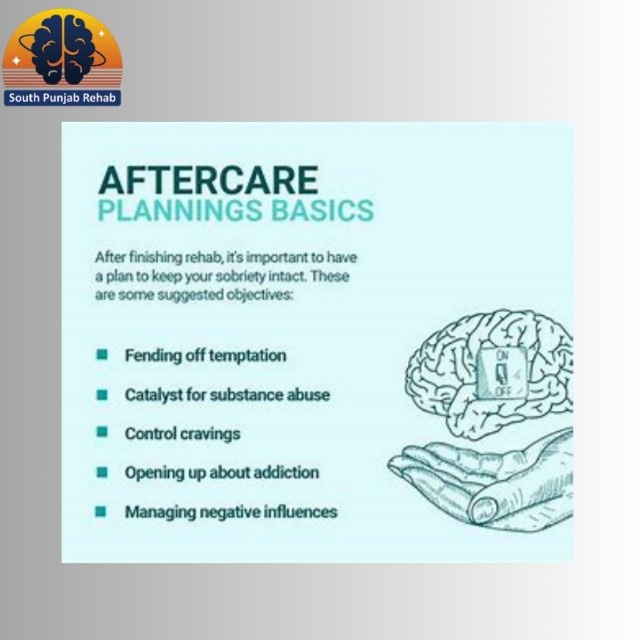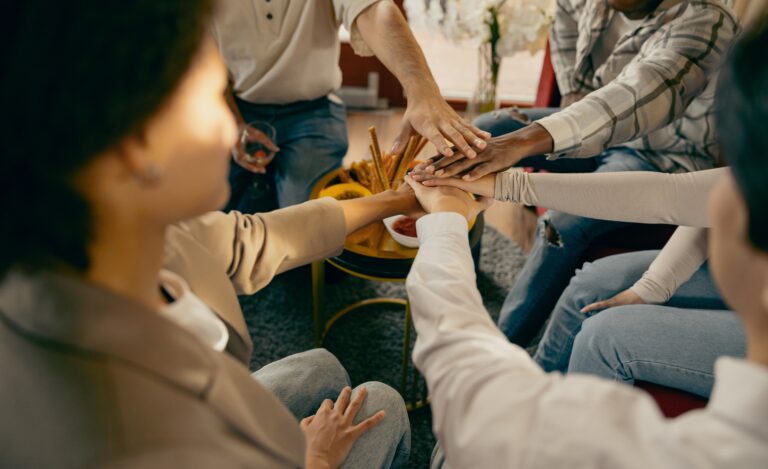Here’s a 10-task recovery program designed for rehabilitation centers to support individuals in overcoming substance abuse, mental health challenges, or other personal struggles:
1. Personalized Assessment and Goal Setting
Counselors must understand the unique aspirations and challenges of each participant.
Individual counseling sessions, diagnostic tests, and goal-setting workshops.
Develop a tailored recovery plan.
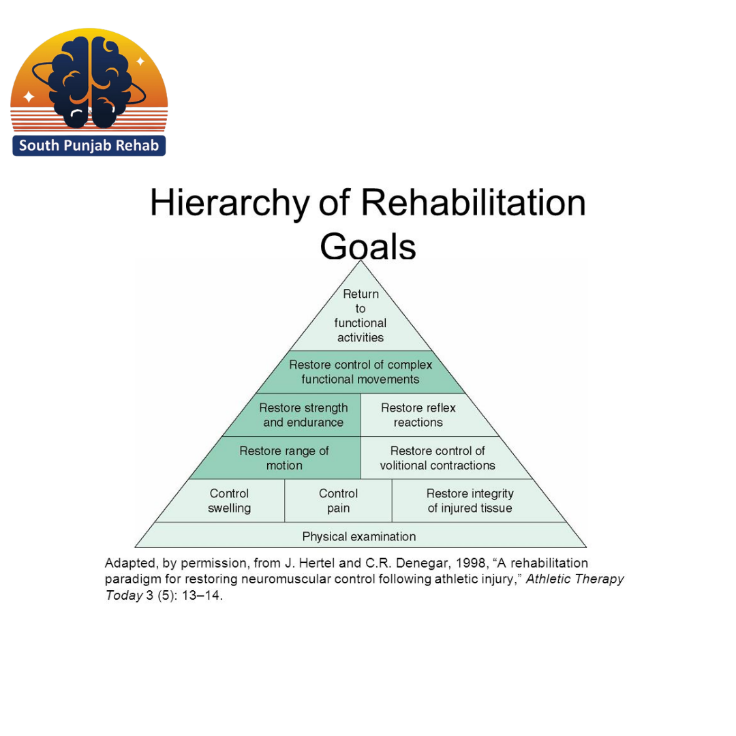
2. Physical Wellness and Fitness
Build physical strength and promote overall well-being.
Yoga, fitness classes, guided walks, or team sports.
Improved physical health and stress management are the result of such techniques technique
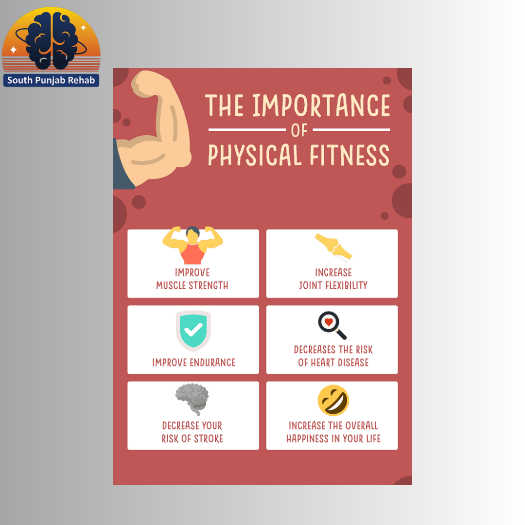
3. Do Cognitive Behavioral Therapy (CBT) Sessions
The main objective of this technique is to address negative thought patterns and develop healthier behaviors.
Group or one-on-one CBT sessions focusing on coping mechanisms.
Enhanced emotional regulation and resilience.
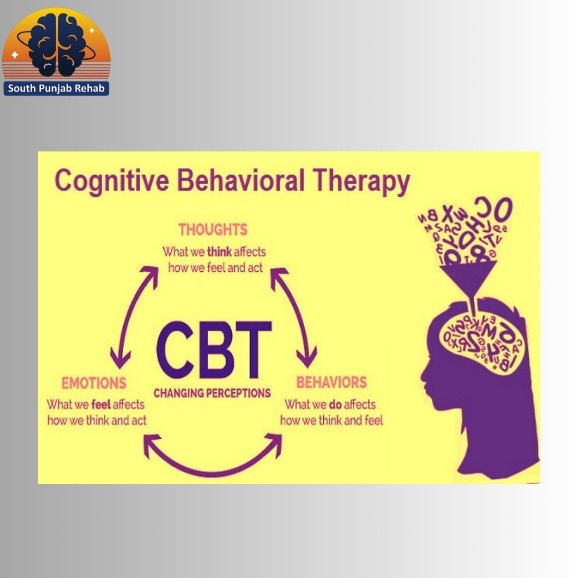
4. Teaching Life Skills
Teach each participant with essential skills for independent living.
It involves budgeting, meal preparation, time management, and job readiness workshops.
It increases the participant’s confidence and self-sufficiency.
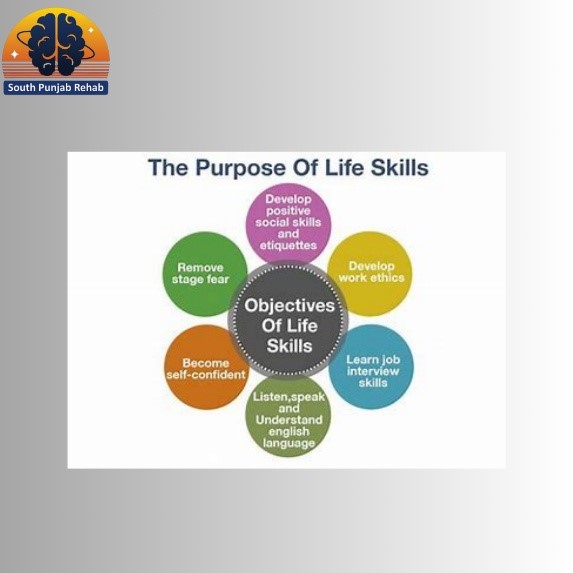
5. Relapse Prevention Education
It (relapse prevention) must help participants identify their triggers and develop strategies to prevent relapse.
Educational seminars, peer discussions, and scenario-based role-playing activities must be held.
Stronger commitment to recovery.
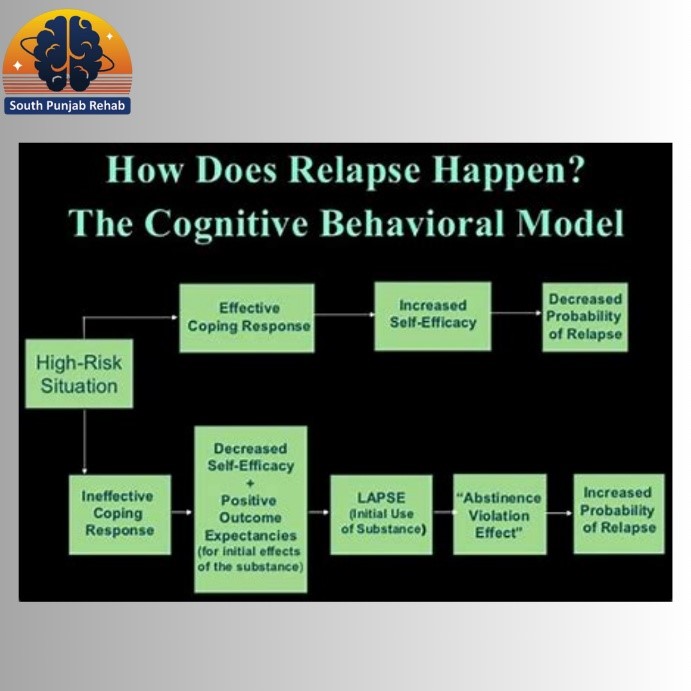
6. Held Creative Expression Workshops
Counselors should help participants facilitate emotional release and self-discovery through creativity.
Art therapy, music therapy, or writing workshops.
Improved self-expression and emotional healing.
7. Family Reconnection and Support
Counselors should help their participants in rebuilding trust and strengthen family relationships.
Family therapy sessions, communication skill workshops, and joint activities.
It forms stronger support networks.
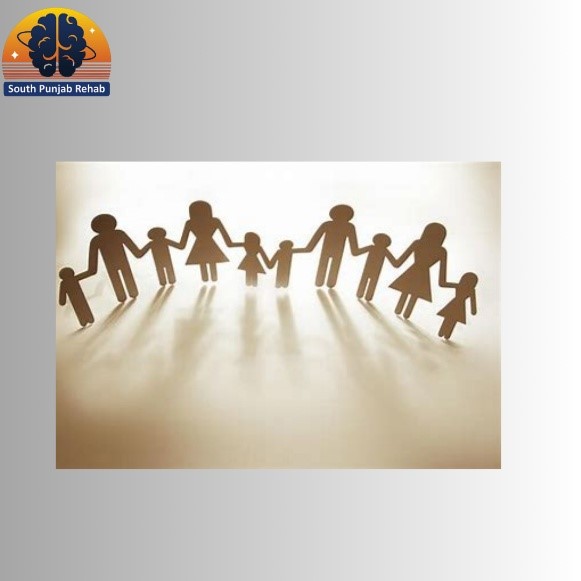
8. Peer Groups support
- Objective: Foster community and shared understanding among participants.
- Activities: Daily or weekly group meetings, sharing sessions, and mentoring programs.
ItEnhances the sense of belonging and shared accountability of each participant.
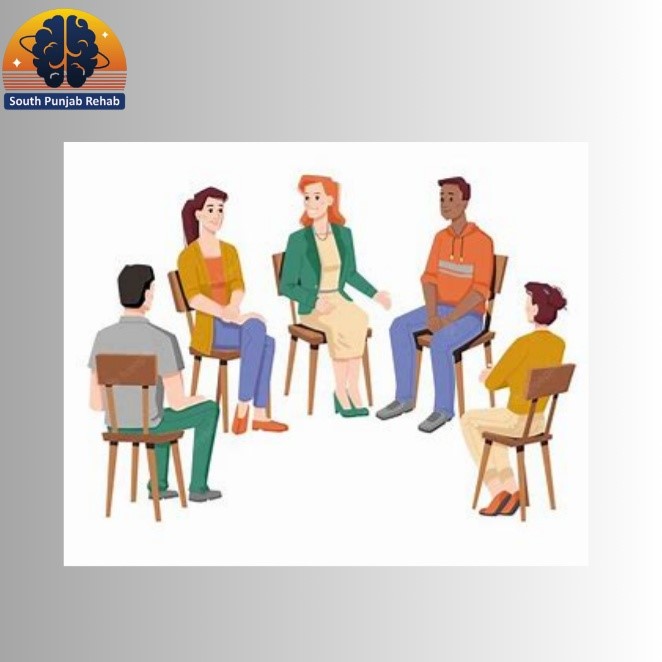
9. Mindfulness and Stress Reduction
Counselors should teach their participants techniques Like mindfulness to manage stress and stay present.
It includes Guided meditation, breathing exercises, and mindfulness practices.
It Increases mental clarity and emotional balance.
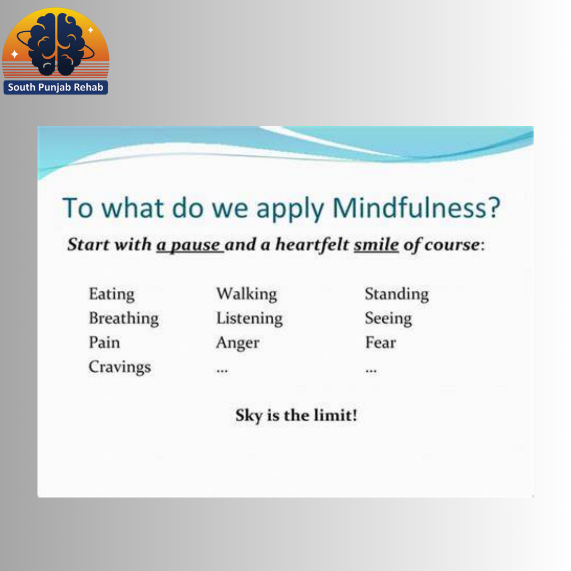
10. Aftercare Planning
Counselors are vital in preparing participants for life beyond the rehabilitation program.
Participants might be taught to create personalized aftercare plans, connect with community resources, and establish check-in schedules.
It helps to sustain recovery and integration into society.
